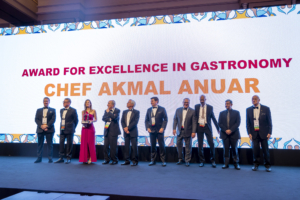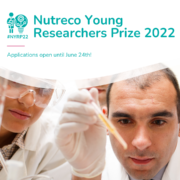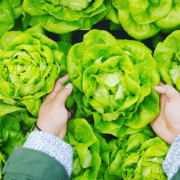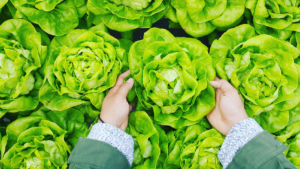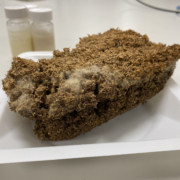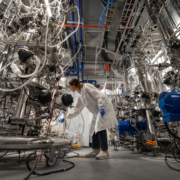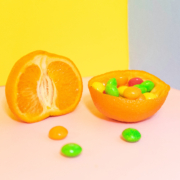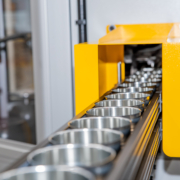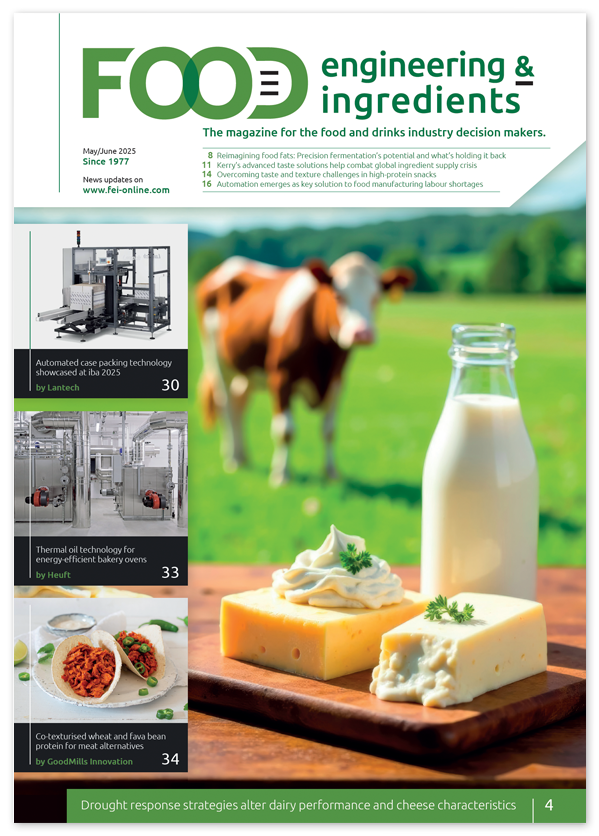INC Congress highlights opportunities to grow demand for nuts and dried fruit as industry faces oversupply
The 39th World Nut and Dried Fruit Congress was held in May at the Madinat Jumeirah Resort in Dubai. More than 1,100 industry professionals from 64 countries came together to discuss and debate the most pressing topics for the sector such as market development, sustainability, nutrition research, and the opportunities and threats that the nut and dried fruit industry currently faces.
Global statistical update on nuts and dried fruits for 2022-2023
World tree nut production in the 2022/2023 season is anticipated to reach 5.4 million metric tons (kernel basis, except pistachios in-shell), up 6% from the previous season, as discussed by industry leaders at the Congress round tables.
Although it is still early in the season to predict the crops’ final outcomes, the most substantial increases are projected for:
- walnuts (up by 18%)
- Brazil nuts (18%)
- cashews (8%)
- hazelnuts (7%)
- pistachios and macadamias (5% each)
- and pecans (3%).
- almonds, forecast at over 1.6 million metric tons, is expected to be similar to the 2021/22 crop.
According to early estimates, world peanut production in 2022/23 is foreseen to amount to 47.8 million metric tons (in-shell basis).
Global dried fruit production
Global dried fruit production has been forecast at 3.2 million metric tons, up 4% from 2021/22, as world volumes are expected to increase for:
- dried cranberries (up 16%)
- prunes (6%)
- dates and dried figs (5% each)
- and raisins, Sultanas and currants (3%).
Throughout the round tables, a common theme was that the industry in general is facing an oversupply that in turn has led to lower prices. It was agreed upon by industry leaders that the sector has to come together to promote consumption of nuts and dried fruits in efforts to rebalance the supply and demand. Shipping delays and increased freight costs also have strained the industry, however there remain many opportunities to grow. A significant opportunity for the industry to increase consumption is focused on potential high growth opportunities in markets such as India and China, and through a focus on innovation and e-commerce.
Experts comment
Sunny Verghese, the Co-Founder and Group CEO of Olam International gave a stimulating keynote speech touching on ways the industry can successfully and sustainably improve the food and agricultural system. Verghese also highlighted the growing challenges that the agricultural sector faces such as inflation. Meanwhile, Saket Modi, the Co-Founder and CEO of Safe Security provided insights into the importance of cybersecurity for firms and how they can better mitigate any potential cyber threats through cyber risk quantification in real-time.
A new round table, Matching Supply Chain to Production and Consumption Trends: Looking Into the Future, was introduced this year, led by INC Chairman, Michael Waring. The session took a deep look into one of the industry’s biggest challenges, how to rebalance supply and demand, and how the sector can take advantage of new trends to grow consumption in the coming years. Some of the biggest opportunities for growth mentioned by the panelists were the Indian market and the rapidly growing Generation Z (those born between 1997 and 2012) market.
The Sustainability Seminar was headlined by Marta Moren Abat, the International Relations Coordinator for the Directorate General for Maritime and Fisheries at the European Commission. In her presentation, she discussed various measures that can be taken to improve water conservation such as water transfers, reuse, repricing, alternative plant selection, desalination, and efficient irrigation. Moreover, her speech touched on several possible roles that the nut and dried fruit industry could play in protecting water resources.
Goretti Guasch, INC Executive Director, gave a presentation on how to empower minds and stimulate consumption, highlighting the need for the industry to come together to tackle oversupply. Guasch touched on the INC’s latest trend research, which was a main driver in the decision to roll out a multiyear country-specific campaign to six key global markets. The campaign will be directed at Gen Z, which is poised to drive markets for the next decade.
The 2023 INC Congress is scheduled to take place in London, UK, from 22-24 May 2023.
Industry awards
The INC Awards, handed out annually as part of the INC Congress, are aimed at recognizing outstanding leaders and visionaries who contribute to the excellence of the nut and dried fruit industry.
In Dubai, the ‘Corporate Golden Nut Award’ was presented to ofi, and the ‘Excellence in Research’ to Prof. Jordi Salas-Salvadó. Furthermore, Dr. Karen Lapsley was recognized for her Outstanding Service to Research in Almonds with the ‘Lifetime Achievement Award’. Chef Akmar Anuar was awarded ‘Excellency in Gastronomy’, and the ‘Innovation Award’ was presented to ofi for their Cashew Nut Oil Dipping Sauces & Dressings.
About the INC
The INC is the international umbrella organization for the nut and dried fruit industry. Its members include more than 850 nut and dried fruit sector companies from over 80 countries. INC membership represents over 85% of the world’s commercial “farm gate” value of trade in nuts and dried fruits. The INC’s mission is to stimulate and facilitate sustainable growth in the global nut and dried fruit industry. It is the leading international organization on health, nutrition, statistics, food safety, and international standards and regulations regarding nuts and dried fruits.
www.nutfruit.org




